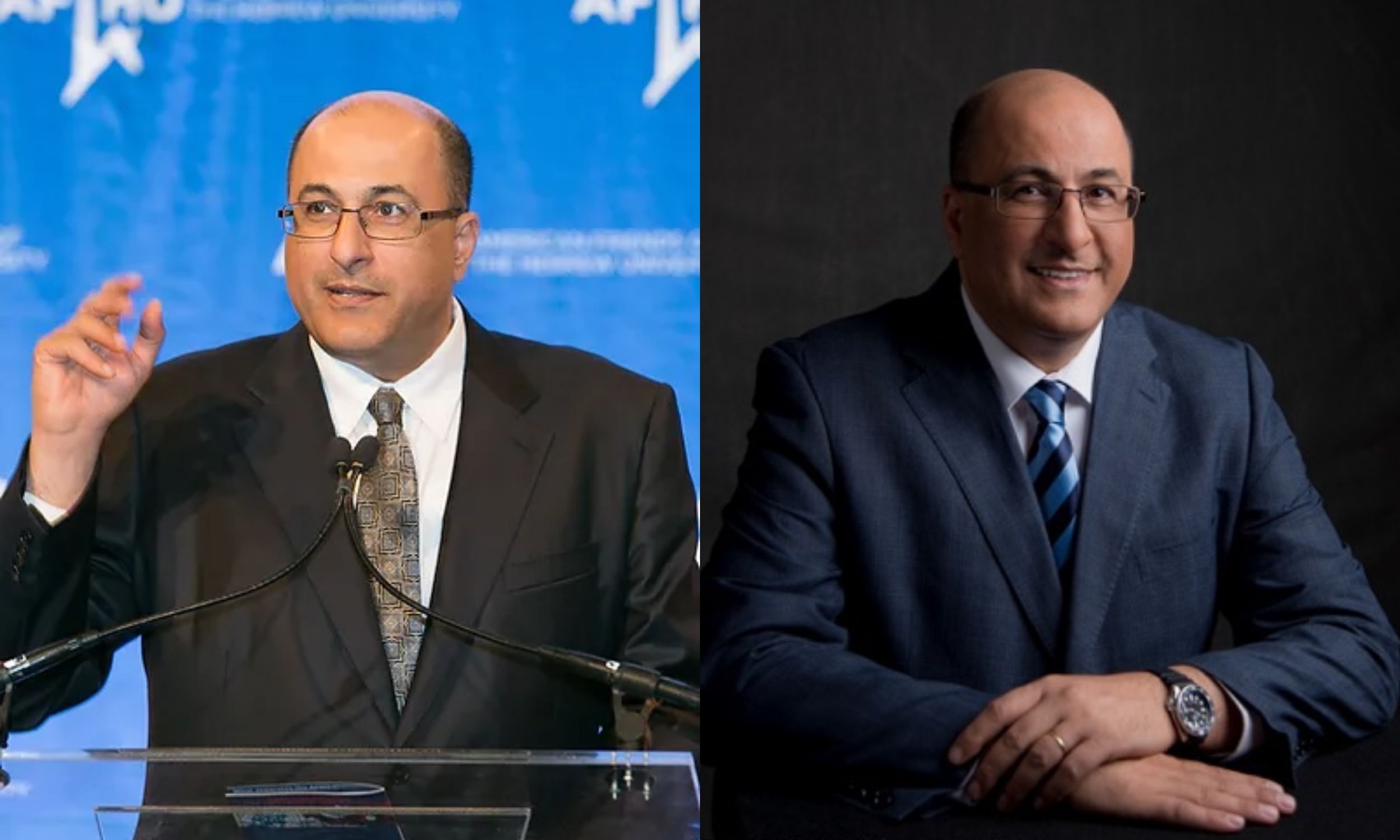The recent appointment of Yahya Sinwar as the head of Hamas’ Political Bureau is unlikely to impact the group’s cease-fire discussions with Israel, according to former Israeli ambassador Ido Aharoni on Newsmax Sunday. Sinwar had already been a key figure in the organization, making his new role less important in the context of ongoing negotiations.
Aharoni highlighted the complicated situation resulting from the events of October 7, which he described as a reflection of the anti-American axis. In response, the U.S. and its allies, including Saudi Arabia, Egypt, Israel, and Jordan, are seeking a hostage deal and a cease-fire in Gaza. However, he noted that Hamas lacks motivation to release the hostages as it would diminish their leverage in the conflict.

Protests in Tel Aviv call for Prime Minister Netanyahu to secure hostage releases from Hamas
Protests erupted in Tel Aviv overnight, with thousands demanding Prime Minister Benjamin Netanyahu secure a deal to release the hostages still held by Hamas, as reported by The Times of Israel.
While acknowledging that many Israelis are dissatisfied with the government’s handling of the situation—a common occurrence in democracies—Aharoni does not believe these protests will influence the negotiation process. He stressed that the resolution lies with Hamas. “If Hamas truly wanted to end the conflict, they would need to disarm and leave Gaza,” he stated.
Aharoni also raised concerns about the nature of any potential cease-fire. A temporary cease-fire could allow Israel to achieve its objectives of rescuing hostages and dismantling Hamas, while a permanent cease-fire might complicate Israel’s ability to continue the conflict.
He emphasized that the October 7 attack fundamentally altered Israeli society, with most Israelis unwilling to endure a prolonged state of vulnerability. The effort to dismantle Hamas may take years, a reality Aharoni believes most Israelis understand.























